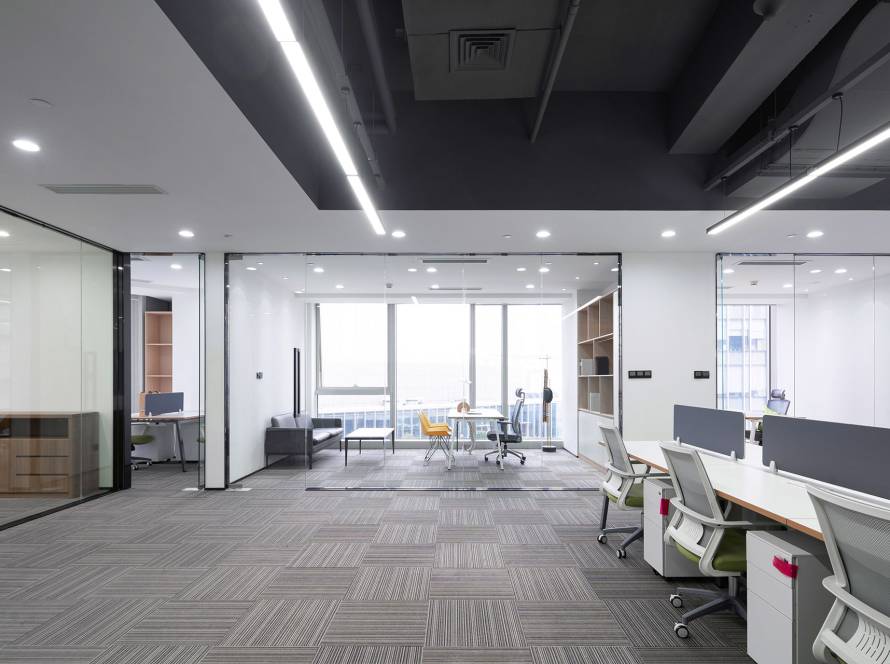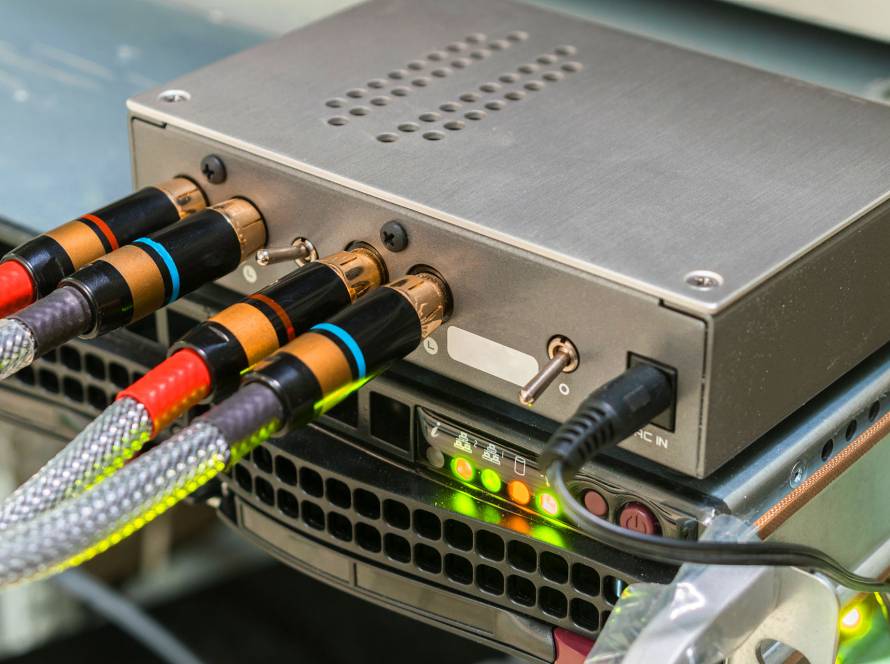Technology is supposed to simplify life, not add complexity. Yet many people discover that their so-called “smart” systems feel clunky or limiting the moment daily routines change. The true test of any control system isn’t what it can do on paper; it’s how seamlessly it adapts to the pace of real life.
Where Systems Fall Short
Too often, control systems are built around rigid programming. They may look sleek, but they require too many taps, too many steps, or too much attention. Lights that don’t dim when you need them to, sound that doesn’t flow between rooms, or shades that respond slowly all create friction.
Over time, users stop engaging with the system altogether.
Smart Should Feel Effortless
A control system earns its name when it responds as naturally as a light switch or a door handle. That means lights fade to match the time of day, sound follows you through the house, and climate settings anticipate your preferences. The technology isn’t calling attention to itself; it’s quietly responding to you.
Adaptability is Everything
Life rarely stays predictable. Work schedules shift, families grow, and entertainment spaces double as home offices. A reliable control system should flex with that rhythm. Some of the clearest signs of adaptability include:
- Multiple ways to control the same feature, voice, app, or touch panel
- Routines that adjust automatically to changing conditions
- Integration across lighting, audio, video, and security without hiccups
- Scalability, so new devices or rooms fit in without a system overhaul
When systems grow with your lifestyle instead of forcing you to compromise, they stop being gadgets and start being partners.
Design that Doesn’t Intrude
The most powerful control setups don’t dominate a space; they blend in. Touchscreens melt into the walls, keypads are intuitive, and voice commands feel conversational. You shouldn’t have to think about how to manage your environment.
A well-designed system makes interaction invisible, turning technology into background support rather than foreground distraction.
Trust Comes from Reliability
Even the smartest features lose value if the system isn’t dependable. If music cuts out mid-gathering, or climate control fails on the hottest day, frustration overshadows convenience. Consistency is what builds trust, knowing the system responds the same way every time, without hesitation.
Conclusion
A true smart control system doesn’t just keep pace with your lifestyle, it anticipates it. It adjusts, adapts, and integrates so seamlessly that you stop noticing the technology and start enjoying the experience. If your current setup makes you work harder than it should, it’s not really working for you.
The best systems keep up quietly, reliably, and completely, because that’s what modern living deserves.



